Can the Ukraine-Russia Black Sea grain deal be rescued?
The Kremlin’s termination of agreement has sparked fears among food-insecure countries
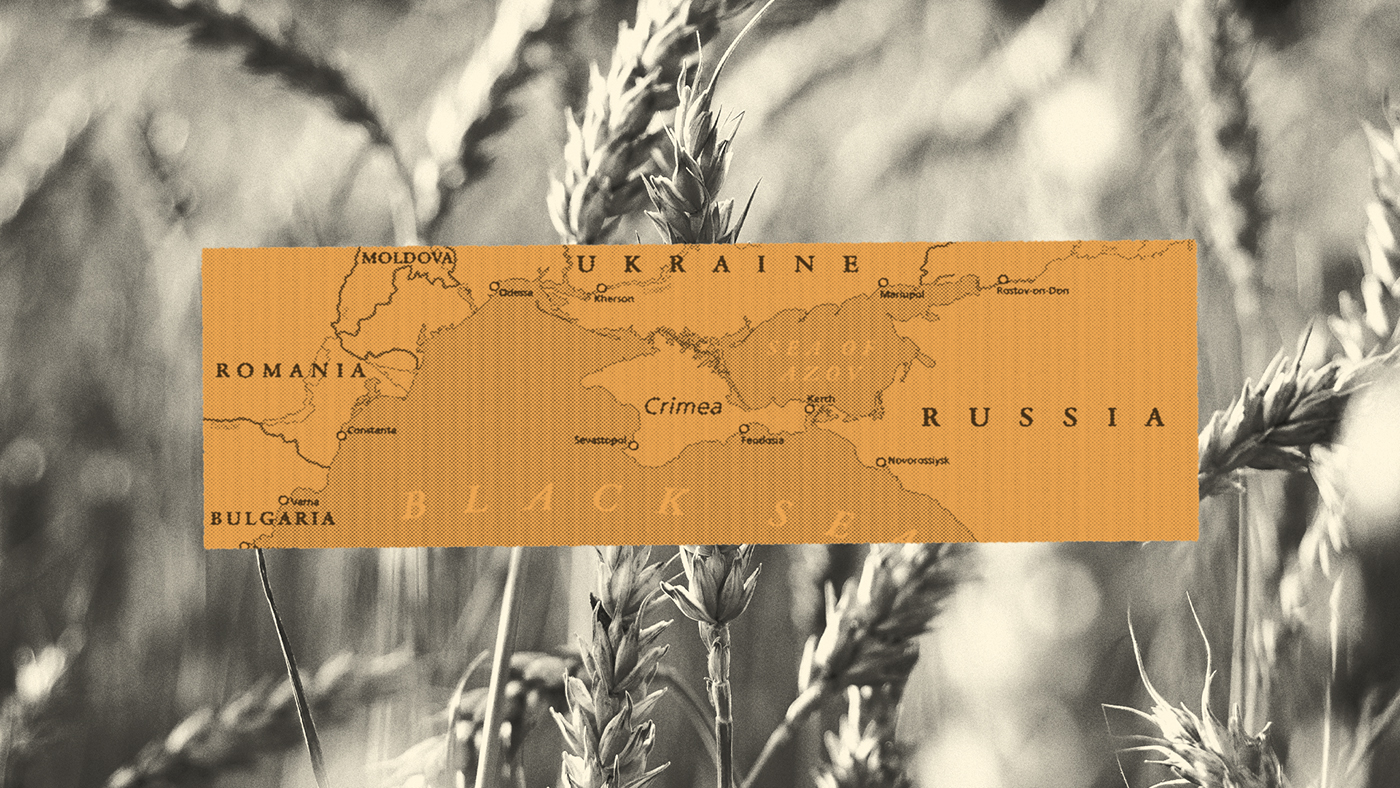
A free daily email with the biggest news stories of the day – and the best features from TheWeek.com
You are now subscribed
Your newsletter sign-up was successful
Concerns over a global food crisis are mounting as the West continues to look for safe ways to export Ukrainian grain following the ending of the Black Sea Grain Initiative.
Last week the Kremlin announced that it was terminating its participation in the agreement that had allowed Ukraine to export its grain by sea despite Moscow’s naval blockade.
Ukraine is a major producer of grain and other foodstuffs, meaning millions of people who face hunger around the world, as well as those who have been affected by the cost-of-living crisis, will potentially struggle even more.
The Week
Escape your echo chamber. Get the facts behind the news, plus analysis from multiple perspectives.

Sign up for The Week's Free Newsletters
From our morning news briefing to a weekly Good News Newsletter, get the best of The Week delivered directly to your inbox.
From our morning news briefing to a weekly Good News Newsletter, get the best of The Week delivered directly to your inbox.
United Nations secretary-general António Guterres said he was “deeply disappointed” by the decision which would “strike a blow to people in need everywhere”.
Alternative overland routes for Ukrainian produce to leave the country have also come under threat with the EU’s so-called “solidarity lanes” facing criticism. Poland is threatening to close its border for the second time due to concerns that the “Ukrainian products…are undercutting Polish farmers”, said Politico.
What did the papers say?
The Kremlin’s withdrawal from the Black Sea Grain Initiative on 17 July “immediately sparked concern”, said NPR, “particularly in food-insecure countries”.
The deal was originally brokered by the UN and Turkey a year ago “to combat a global food crisis worsened by Russia’s February 2022 invasion of Ukraine”, Al Jazeera explained. Both Ukraine and Russia are leading grain exporters, the news site noted.
A free daily email with the biggest news stories of the day – and the best features from TheWeek.com
The reason offered by Russia for its withdrawal from the deal was twofold: first, Moscow said that its demands to improve its own food and fertiliser exports had not been met, and second, that not enough Ukrainian grain had reached poor countries, as the deal had intended.
The Kenyan government denounced the move as a “stab in the back” for nations in the Horn of Africa in particular, which have been afflicted by drought this year.
In the wake of the announcement, Turkey’s president, Recep Tayyip Erdogan, said he would speak about the deal with his Russian counterpart Vladimir Putin directly, which “signalled hope that it could be revived”, The New York Times said.
However, the day after the termination of the grain deal, Moscow launched a barrage of missiles against the Ukrainian port city of Odessa, which some analysts viewed as an indication that Russia has no intention of yielding to international pressure.
Ukrainian president Volodomyr Zelenskyy responded to the reimposition of the blockade with “exasperation”, Politico said, insisting that blocking the export of Ukrainian grain “is unacceptable in any form”.
What next?
Adding to concerns that Moscow has little interest in re-establishing the grain deal in the immediate future, the UK warned this week that Russia may start to target civilian shipping.
“Our information indicates that the Russian military may expand their targeting of Ukrainian grain facilities further, to include attacks against civilian shipping in the Black Sea,” the UK’s United Nations ambassador Barbara Woodward said yesterday.
Putin appears to have his own plans for solving the problem, however. The Russian president is set to host African leaders to the Russia-Africa summit in St Petersburg tomorrow and Friday and has promised free Russian grain “to replace Ukrainian grain”. Kremlin foreign policy adviser Yury Ushakov said that 17 African leaders would speak at the summit.
Meanwhile, despite the pressure from Warsaw, the EU this week renewed its pledge to export almost all of Ukraine’s farm produce via its road and rail “solidarity lanes”.
“We are ready to export almost everything. This is about four million tonnes per month of oilseeds and grains and we achieved this volume in November last year,” EU agriculture commissioner Janusz Wojciechowski said.
The US Agency for International Development Administrator Samantha Power said that Washington would also help by investing in silos and other storage facilities so Ukraine’s grain harvests “don’t rot while they wait to reach global markets”.
While a solution is yet to be found, wheat prices have soared, the Financial Times said. Prices climbed to a five-month high yesterday, with trading in Chicago increasing by as much as 2.6% to $7.7725 per bushel, their most expensive since mid-February.
The main fear remains that unless the problem is resolved swiftly, there won’t be enough grain to feed people. According to Joseph Glauber, a senior research fellow at the International Food Policy Research Institute (IFPRI), crisis was only averted last year by bumper harvests in Canada and Australia, as well as strong exports from India and Brazil. However, grain stocks worldwide are still not being replenished fast enough, meaning starvation in some countries is becoming a very real threat.
“There’s not a lot of buffer to absorb another big exporting region having a serious drought. That’s the main concern,” he told NPR.
Arion McNicoll is a freelance writer at The Week Digital and was previously the UK website’s editor. He has also held senior editorial roles at CNN, The Times and The Sunday Times. Along with his writing work, he co-hosts “Today in History with The Retrospectors”, Rethink Audio’s flagship daily podcast, and is a regular panellist (and occasional stand-in host) on “The Week Unwrapped”. He is also a judge for The Publisher Podcast Awards.
-
 Why are election experts taking Trump’s midterm threats seriously?
Why are election experts taking Trump’s midterm threats seriously?IN THE SPOTLIGHT As the president muses about polling place deployments and a centralized electoral system aimed at one-party control, lawmakers are taking this administration at its word
-
 ‘Restaurateurs have become millionaires’
‘Restaurateurs have become millionaires’Instant Opinion Opinion, comment and editorials of the day
-
 Earth is rapidly approaching a ‘hothouse’ trajectory of warming
Earth is rapidly approaching a ‘hothouse’ trajectory of warmingThe explainer It may become impossible to fix
-
 Luton Airport bendy buses join Ukraine war effort
Luton Airport bendy buses join Ukraine war effortfeature And other stories from the stranger side of life
-
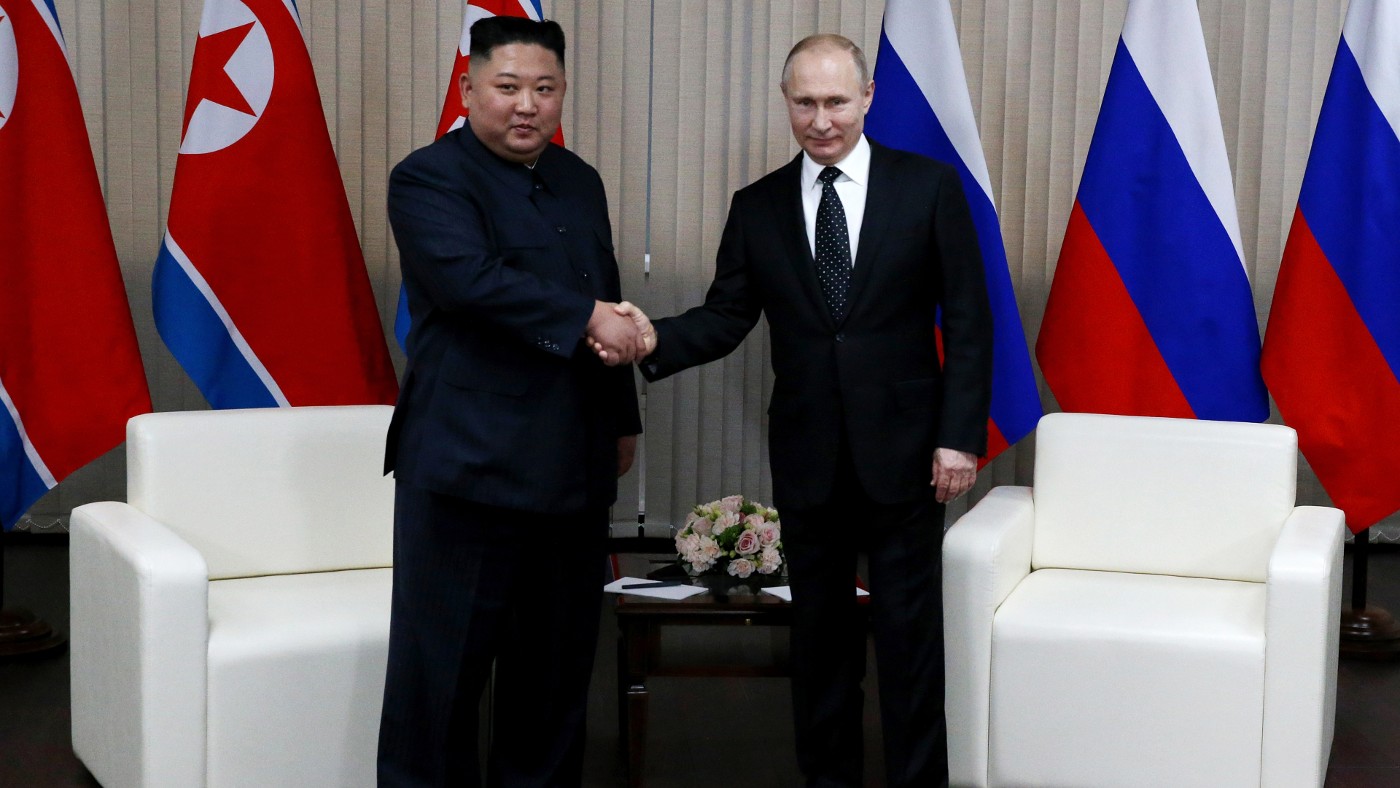 Would North Korean weapons tilt the war Russia’s way?
Would North Korean weapons tilt the war Russia’s way?Today's Big Question Putin wants to boost ‘depleted stocks’ but Pyongyang’s arms may be in poor condition
-
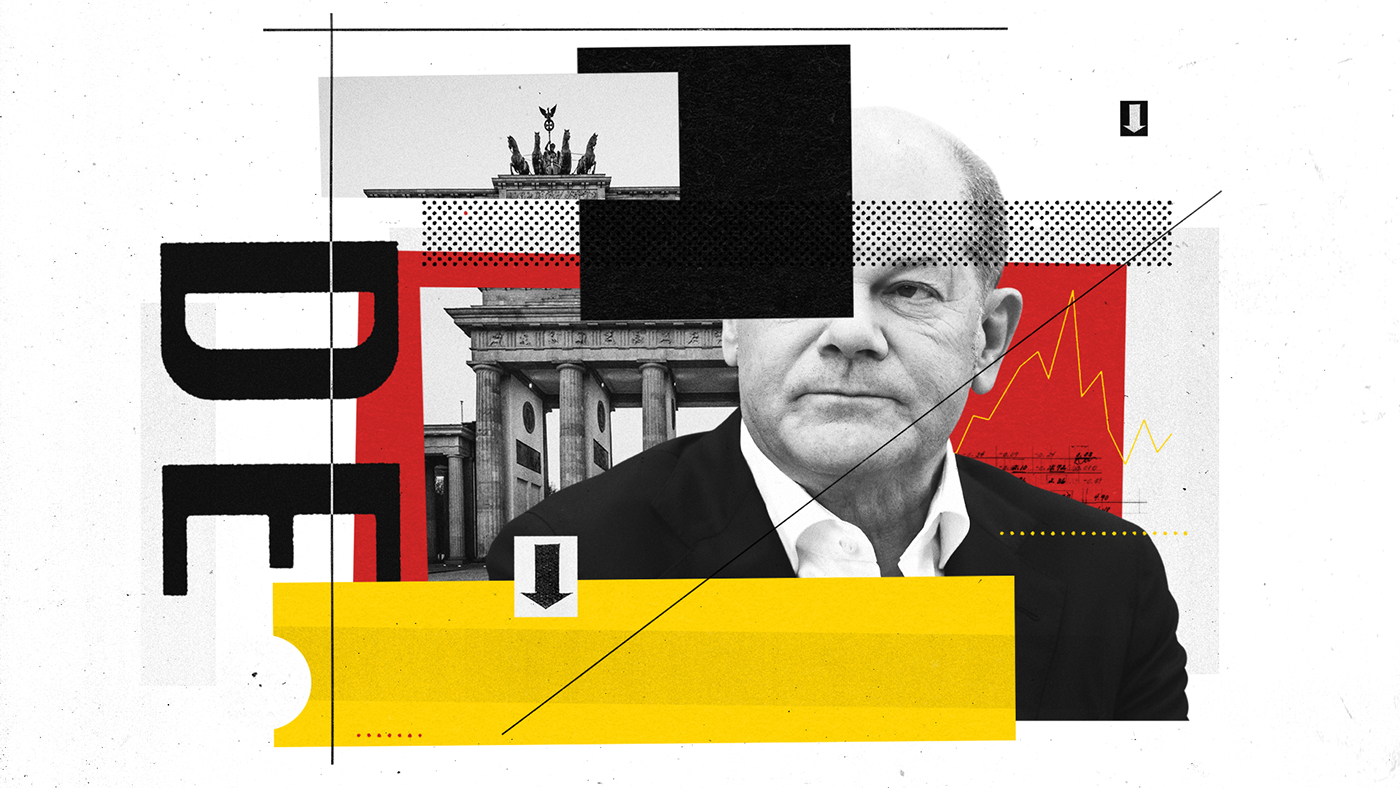 What went wrong with the German economy?
What went wrong with the German economy?Today's Big Question ‘Deep-rooted’ and ‘knotty’ problems threaten return of ‘sick man’ label
-
 Why are so many local councils on the brink of bankruptcy?
Why are so many local councils on the brink of bankruptcy?Today's Big Question Inflation, underfunding and growing demand for services has put pressure on local authorities at the worst time
-
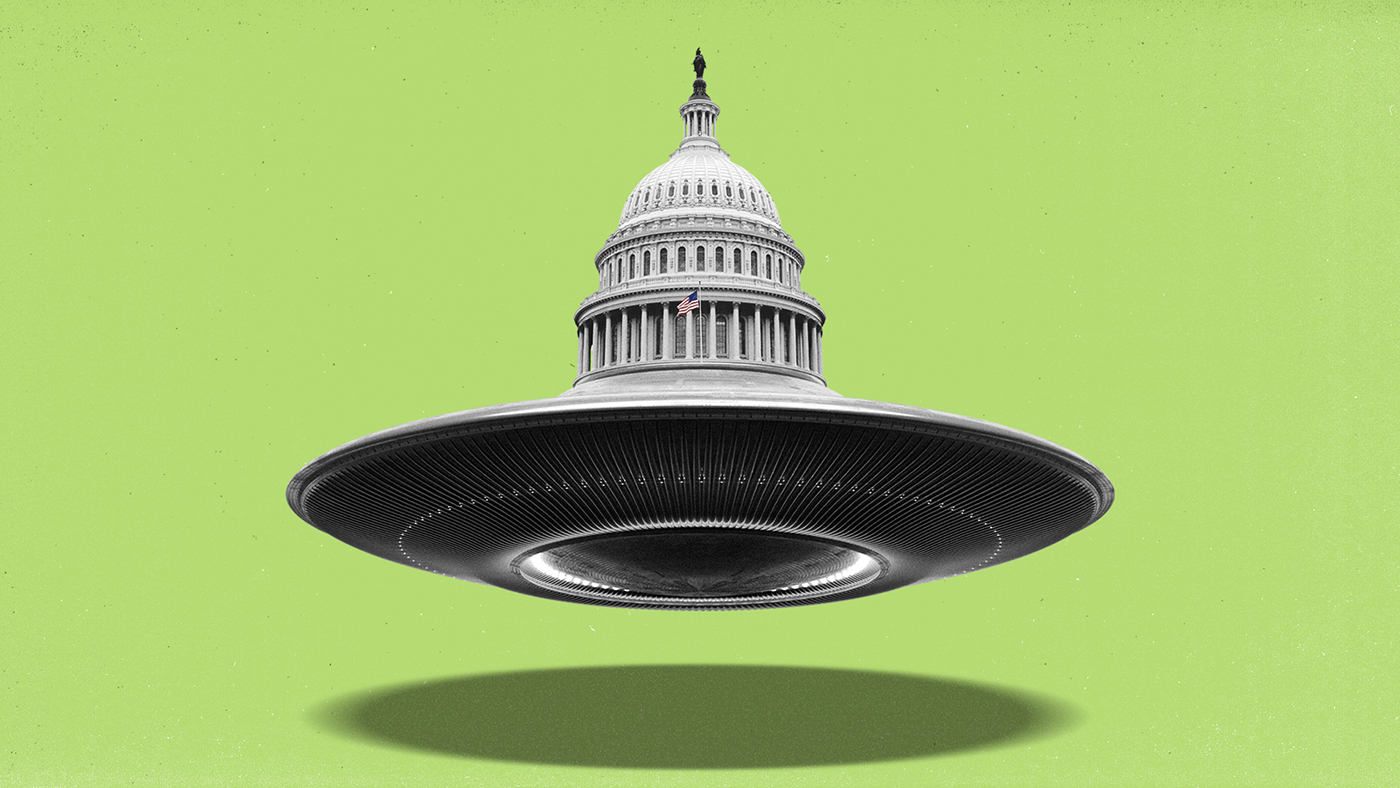 UFO hearing: why is Washington suddenly embracing aliens?
UFO hearing: why is Washington suddenly embracing aliens?Today's Big Question Speculation of extraterrestrial life has moved from ‘conspiracy fringe’ to Congress
-
 Zelenskyy sacks Ukraine ambassador to UK after sarcasm row
Zelenskyy sacks Ukraine ambassador to UK after sarcasm rowSpeed Read Vadym Prystaiko accused his boss of an ‘unhealthy sarcasm’ in response to British defence secretary Ben Wallace
-
 Why journalist deaths continue to rise around the world
Why journalist deaths continue to rise around the worldUnder the Radar Journalist deaths rose sharply in 2022 and don't appear to be slowing down this year
-
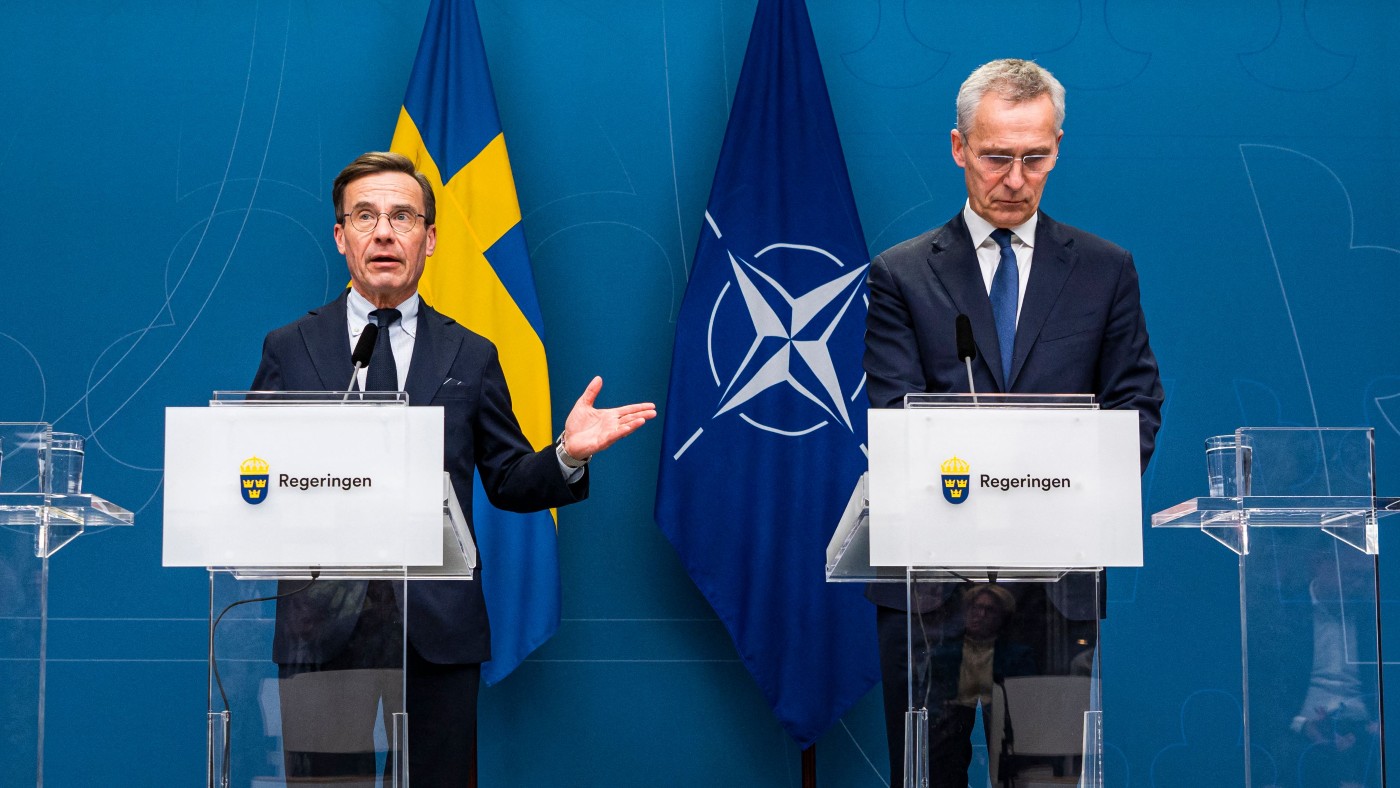 Non-aligned no longer: Sweden embraces Nato
Non-aligned no longer: Sweden embraces Natofeature While Swedes believe it will make them safer Turkey’s grip over the alliance worries some